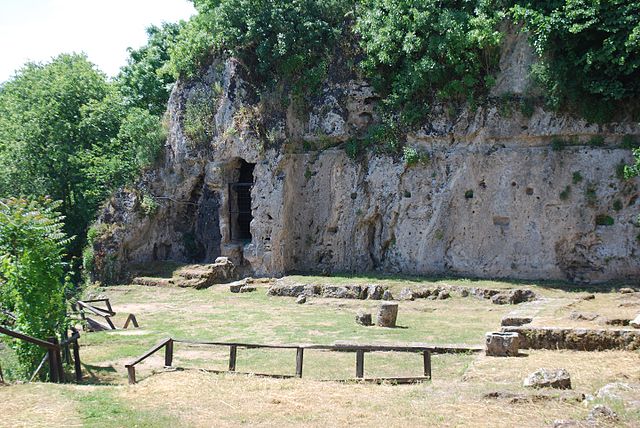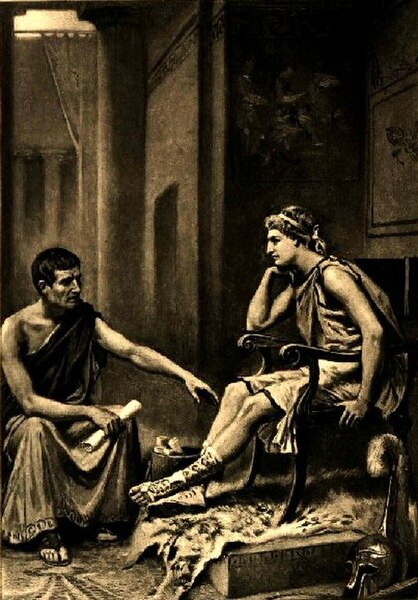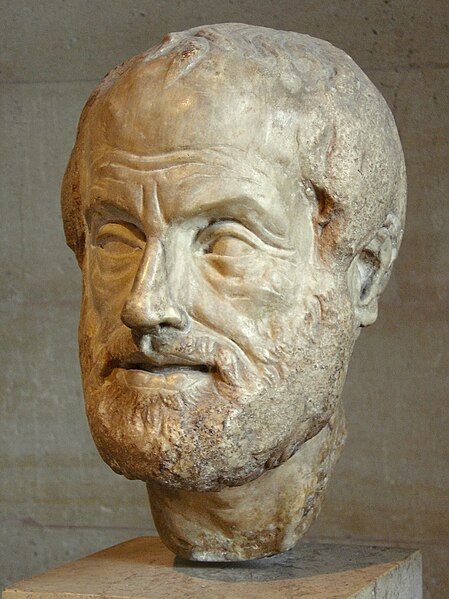Aristotle's Poetics is the earliest surviving work of Greek dramatic theory and the first extant philosophical treatise to focus on literary theory. In this text Aristotle offers an account of ποιητική, which refers to poetry and more literally "the poetic art," deriving from the term for "poet; author; maker," ποιητής. Aristotle divides the art of poetry into verse drama, lyric poetry, and epic. The genres all share the function of mimesis, or imitation of life, but differ in three ways that Aristotle describes:Differences in music rhythm, harmony, meter, and melody.
Difference of goodness in the characters.
Difference in how the narrative is presented: telling a story or acting it out.
Arabic translation of the Poetics by Abū Bishr Mattā.
Aristotle was an Ancient Greek philosopher and polymath. His writings cover a broad range of subjects spanning the natural sciences, philosophy, linguistics, economics, politics, psychology, and the arts. As the founder of the Peripatetic school of philosophy in the Lyceum in Athens, he began the wider Aristotelian tradition that followed, which set the groundwork for the development of modern science.
Roman copy (in marble) of a Greek bronze bust of Aristotle by Lysippos (c. 330 BC), with modern alabaster mantle
School of Aristotle in Mieza, Macedonia, Greece.
"Aristotle tutoring Alexander" by Jean Leon Gerome Ferris.
Portrait bust of Aristotle; an Imperial Roman (1st or 2nd century AD) copy of a lost bronze sculpture made by Lysippos.





